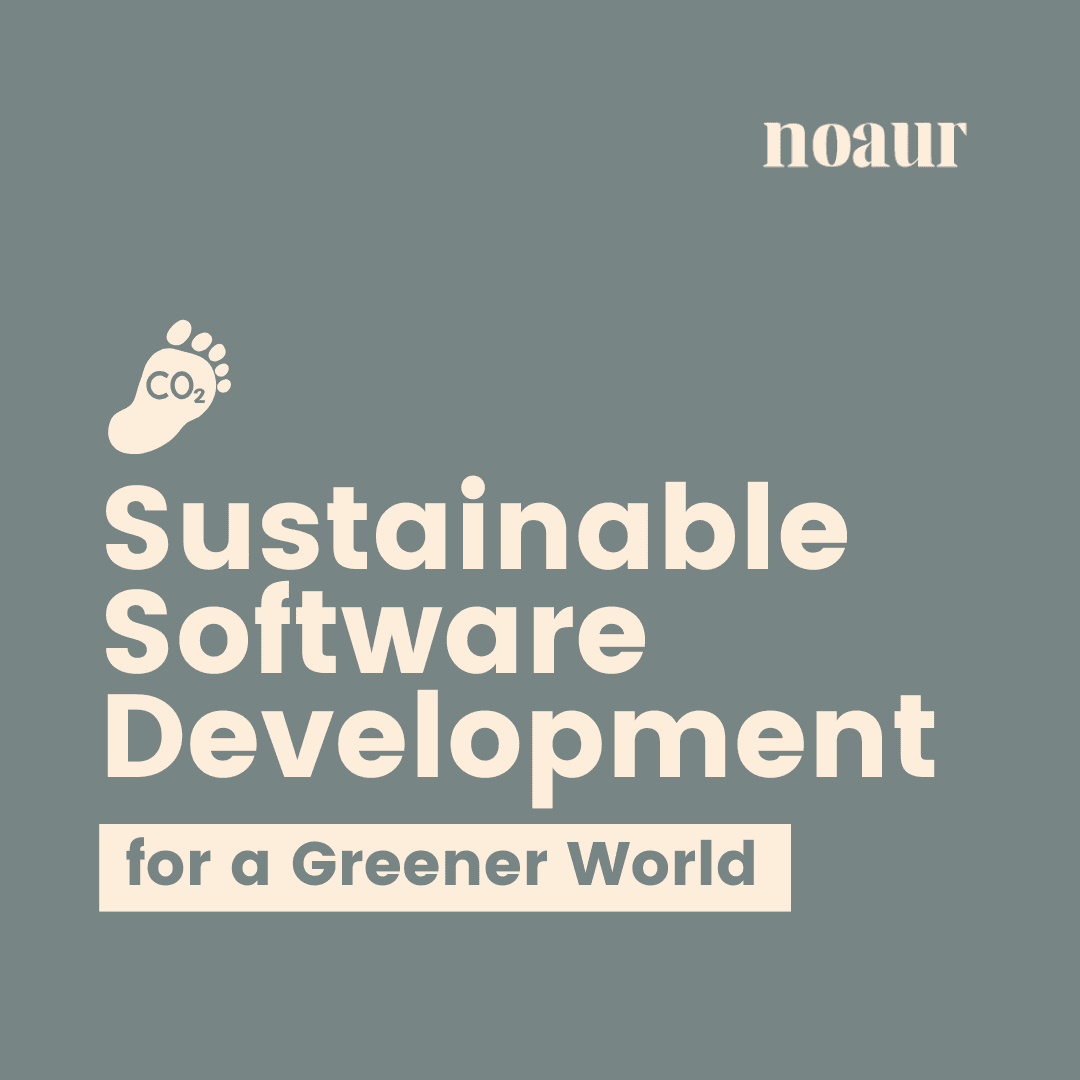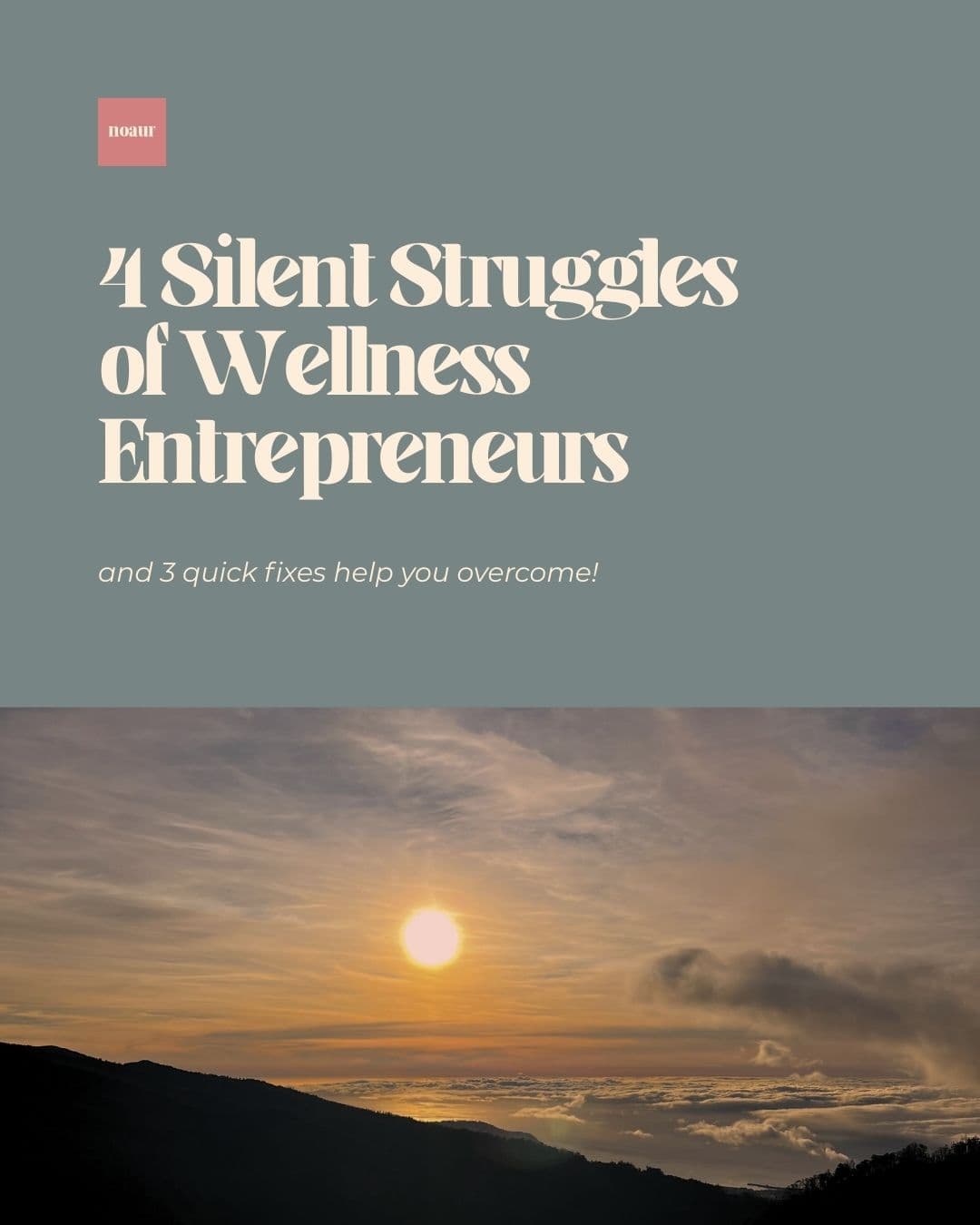In the world of marketing, understanding your audience is the cornerstone of success. Business-to-business (B2B) and business-to-consumer (B2C) marketing are often conflated, but they operate under fundamentally different principles. While both aim to drive sales and build brand loyalty, their approaches diverge in audience targeting, messaging, sales cycles, and relationship management. This article explores the key differences between B2B and B2C marketing and outlines effective strategies for each.
Key Differences Between B2B and B2C Marketing
1. Audience Complexity
- B2B: Targets organizations, involving multiple stakeholders (e.g., decision-makers, procurement teams, end-users). Purchases are often high-value and require alignment with business goals.
- B2C: Focuses on individual consumers driven by personal needs, emotions, or immediate desires. Decisions are typically made by a single person.
2. Decision-Making Process
- B2B: Lengthy, research-heavy process with emphasis on ROI, data, and long-term value. Sales cycles can span months.
- B2C: Impulse-driven or quick decisions, often influenced by promotions, social proof, or emotional appeals.
3. Relationship Dynamics
- B2B: Prioritizes long-term partnerships and trust-building. Account management and personalized service are critical.
- B2C: Transactions are often one-off, though loyalty programs and repeat purchases are encouraged.
4. Content and Messaging
- B2B: Educational content (whitepapers, case studies, webinars) that address pain points and demonstrates expertise.
- B2C: Storytelling, visuals, and promotional content that evoke emotions (e.g., TikTok ads, influencer collaborations).
5. Pricing Structure
- B2B: Custom pricing, bulk discounts, and contractual agreements.
- B2C: Fixed pricing with occasional sales or seasonal discounts.

Effective B2B Marketing Strategies
1. Account-Based Marketing (ABM)
- Tailor campaigns to high-value accounts by engaging decision-makers with personalized content. For example, Salesforce uses ABM to nurture enterprise clients through targeted email sequences and dedicated account managers.
2. Polish LinkedIn Profile and Industry Platforms
- Share thought leadership articles, case studies, and product demos on platforms like LinkedIn or industry-specific forums.
3. Focus on Education, Not Promotion
- Provide value through webinars, whitepapers, or ROI calculators. According to the Content Marketing Institute, 84% of B2B marketers prioritize educational content to build credibility (CMI, 2023).
4. Nurture Long-Term Relationships
- Use CRM tools to track interactions and maintain communication post-sale.

Effective B2C Marketing Strategies
1. Harness Social Media and Influencers
- Platforms like Instagram are ideal for viral campaigns. Coca-Cola’s “Share a Coke” campaign leveraged user-generated content to drive emotional engagement (Nielsen, 2022).
2. Create Urgency and Scarcity
- Limited-time offers (e.g., Black Friday sales) or flash discounts trigger quick purchases.
3. Simplify the Buyer Journey
- Ensure seamless mobile experiences and one-click purchasing options. Amazon’s “Buy Now” button is a prime example.
4. Emotional Storytelling
- Use narratives that resonate with personal aspirations or challenges. Nike’s “Just Do It” campaigns inspire individuality and perseverance.
👉 Learn more about our B2C marketing case study here: Improving Engagement Through Social Media Growth Plan

Conclusion
While B2B and B2C marketing shares the goal of driving conversions, their execution must align with their unique audience needs. B2B thrives on logic, education, and relationship-building, whereas B2C leans on emotion, speed, and broad reach. By tailoring strategies to these distinctions, businesses can maximize engagement and ROI.
Partner with noaur
At noaur, we understand that the line between B2B and B2C marketing isn’t just theoretical - it’s a practical challenge businesses face daily. As a full-service software development and marketing solutions company, we specialize in crafting strategies and tools that address the unique needs of both audiences.
Whether you’re a B2B enterprise seeking to streamline operations or a B2C brand aiming to captivate consumers, noaur delivers solutions that resonate and bridge the gap between technical innovation and audience-centric marketing.
Let us help you:
- Build an end-to-end software that solves real problems.
- Craft monthly marketing campaigns and analytics that connect deeply with your audiences and grow sustainably in both B2B and B2C markets.
- Not sure about your drafts? Test your ideas with our MVP development package.
📩 Ready to transform your strategy?
Contact noaur at hello@noaur.group and drop your ideas to start your journey today.

Reference
Content Marketing Institute (CMI). (2023). B2B Content Marketing Trends. Retrieved from contentmarketinginstitute.com
Nielsen. (2022). The Power of Personalization in B2C Marketing. Retrieved from nielsen.com
Salesforce. (2023). B2B vs. B2C Marketing: What’s the Difference? Retrieved from salesforce.com


